Table of Contents:
Futurum's Vision: Transforming Web3 Gaming with 'Learn-to-Earn'
Futurum Gaming, a U.K.-based company, is revolutionizing the Web3 gaming industry by introducing a "learn-to-earn" model. Unlike the fading play-to-earn (P2E) trend, Futurum aims to combine blockchain, artificial intelligence (AI), and educational tools to create games that offer real-world utility and sustainable ecosystems. The company plans to launch its first titles and platform token in 2025, with a focus on adaptive education through its AI-driven Paddle AI Tutor.
Martin Hugo, Futurum’s project lead, emphasized the importance of moving beyond speculative P2E models. The company’s flagship games, "Race to Infinity" and "Quest to Infinity," are designed to improve math literacy and provide measurable educational outcomes. For instance, "Race to Infinity" has already demonstrated a 59% average improvement in math literacy among its users. Futurum also plans to onboard 50,000 players and expand to multiple blockchain platforms by the end of 2025.
“In terms of rewards, players can earn in-platform tokens (pegged to fiat for pricing stability) for achievements and participation,” said Martin Hugo. “Those tokens can be spent on items, upgrades, or traded for FTRM to be staked or sold.”
Key Takeaways:
- Futurum’s learn-to-earn model integrates education with blockchain gaming.
- The company plans to launch its first titles and token in 2025.
- Games like "Race to Infinity" have shown significant educational benefits.
Source: CCN.com
Maxim Andreev on Education as a Blockchain Adoption Catalyst
Maxim Andreev, a blockchain expert and mentor, highlighted the critical role of education in driving blockchain adoption. In an interview, Andreev explained that the blockchain industry, being relatively young, faces challenges such as high entry barriers and rapidly evolving standards. Educational initiatives like hackathons and workshops are essential for onboarding new talent and fostering community development.
Andreev cited examples like the Ethereum ERC-4337 upgrade, which introduced account abstraction, as evidence of the industry's rapid evolution. He also pointed out that hackathons not only help identify talented developers but also provide valuable product feedback and foster long-term community engagement. For instance, Unique Network, a Polkadot parachain, originated as a hackathon project and has since grown into a leading NFT infrastructure provider.
Key Takeaways:
- Education lowers barriers to entry and keeps developers updated on blockchain advancements.
- Hackathons and workshops are pivotal for community building and product adoption.
- Unique Network is a successful example of a hackathon project evolving into a major blockchain platform.
Source: The Crypto Update
Kalp Studio and MGrow Launch IBM-Certified Blockchain Program
Kalp Studio and MGrow have introduced an IBM-certified Blockchain Certification Program aimed at addressing India’s growing demand for blockchain talent. The eight-month program includes six months of technical training followed by a two-month paid internship, with stipends of up to ₹10,000 per month. Participants will learn industry-relevant skills such as smart contracts and decentralized applications, with IBM certification adding global credibility to their profiles.
The program offers a 100% scholarship for the top 250 applicants, covering the full fee of ₹4.5 lakhs. The initiative is part of Kalp Studio’s BUILD Bharat Tour, which aims to raise blockchain awareness across India. MGrow will provide mentorship and organize industry meet-ups to enhance participants' learning experience.
Key Takeaways:
- The program combines technical training, internships, and job guarantees.
- Top 250 applicants receive full scholarships through a competitive evaluation process.
- Kalp Studio’s BUILD Bharat Tour supports blockchain awareness and education.
Source: theweek.in
Blockchain in India’s Education: A Secure Future for Credentials
Blockchain technology is poised to revolutionize India’s education system by providing a secure and tamper-proof method for verifying academic credentials. The current system, reliant on paper-based records, is vulnerable to fraud and inefficiencies. Blockchain offers a transparent and immutable solution, enabling students to share verified credentials instantly with employers and institutions.
For students, blockchain-based credentialing eliminates the risk of losing critical documents and simplifies the verification process. Institutions benefit from reduced administrative burdens and enhanced credibility, while employers can streamline recruitment by instantly verifying qualifications. Integration with national initiatives like DigiLocker could further enhance the system’s scalability and accessibility.
Key Takeaways:
- Blockchain ensures secure, tamper-proof academic records.
- Students gain instant access to verified credentials, improving mobility and trust.
- Integration with initiatives like DigiLocker could create a unified digital education infrastructure.
Source: Outlook India
Sources:
- Futurum Wants To Replace Fading Play-to-Earn Web3 Games With ‘Learn-to-Earn’ Titles
- Interview with Maxim Andreev: Why Education is the Key to Blockchain Adoption
- Kalp Studio and MGrow Launch IBM-Certified Blockchain Program with 100 Job Guarantee
- Blockchain In India’s Education: Verifying Credentials Securely















